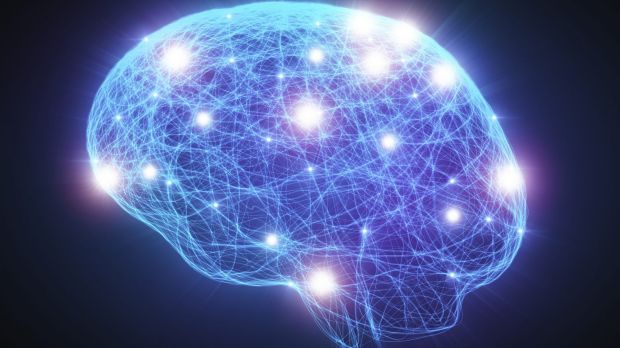
”If you’re in your 80s and don’t want to lose your cognitive function there are things you can do to slow it down.” Photo: Georgia Willis
Researchers have pointed to a new culprit in the whodunnit that seeks to discover who killed the brain of people who died with Alzheimer’s disease: the heart.
The radical new theory into the cause of Alzheimer’s disease suggests that the heart, after powering the brain with 35 million beats per year, eventually destroys it.
We are used to thinking of the brain as a dependent ward of the heart, not as a victim of its beat.
The hypothesis has major implications for drug therapies, prevention strategies and research investment and challenges the dominant school of thought on the cause of Alzheimer’s disease.
There are an estimated 112,000 people with dementia living in NSW, which is expected to increase to 128,500 people by 2020 and 272,000 people by 2050, according to Alzheimer’s NSW.
“The idea is uncongenial and counter-intuitive,” the authors wrote in the Journal of Alzheimer’s Disease. “Uncongenial because it does not appear to offer a simple path to therapy, counter-intuitive because we are used to thinking of the brain as a dependent ward of the heart, not as a victim of its beat.”
According to their theory, the origin of dementia lies in the cardiovascular system, where years of constant activity stiffens the walls of the great arteries and there is less elasticity to cushion the impact of the pulse on the brain’s smallest blood vessels.
Increasingly, each heartbeat inflicts trauma on the brain, causing silent bleeding and loss of function – first memory, then awareness, personality and consciousness.
University of Sydney neurobiologist Jonathan Stone, the lead author, said it was the first time anybody had linked the pulse to the pathology of Alzheimer’s disease.
“It would be great if Alzheimer’s had been caused by a virus and we could prevent it with a vaccine, and to that extent it’s pessimistic,” Professor Stone said.
But on the positive side, there was good evidence to show that exercise helped the heart become resistant to damage.
“And that’s a hopeful story. If you’re in your 80s and don’t want to lose your cognitive function there are things you can do to slow it down.”
The authors synthesised decades of work undertaken by various medical specialists, including cardiologists, neuropathologists and geneticists, to reach their theory and will now attempt to prove it in a clinical trial involving 40,000 individuals aged between 50 and 80.
It flies against the conventional wisdom that Alzheimer’s is caused by deposits of plaque on the brain, which other researchers have also begun to challenge over the last decade.
Brain and Mind Institute executive director Ian Hickie, who supports the idea that Alzheimer’s is a vascular disease, said pharmacological companies were heavily invested in the plaques theory, though there was little evidence that it caused Alzheimer’s among older patients.
There was still no widely subscribed drug for Alzheimer’s patients.
“Over the last five to 10 years the vascular view has shifted from being a marginal view to being accepted as one of the major risk factors – and more importantly it is one we can do something about,” Professor Hickie said.
